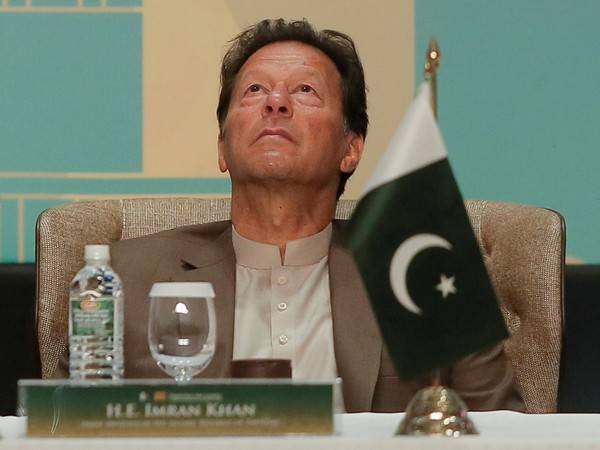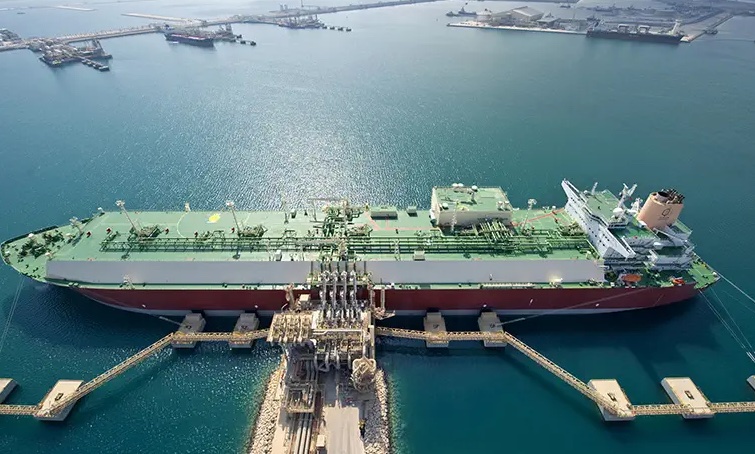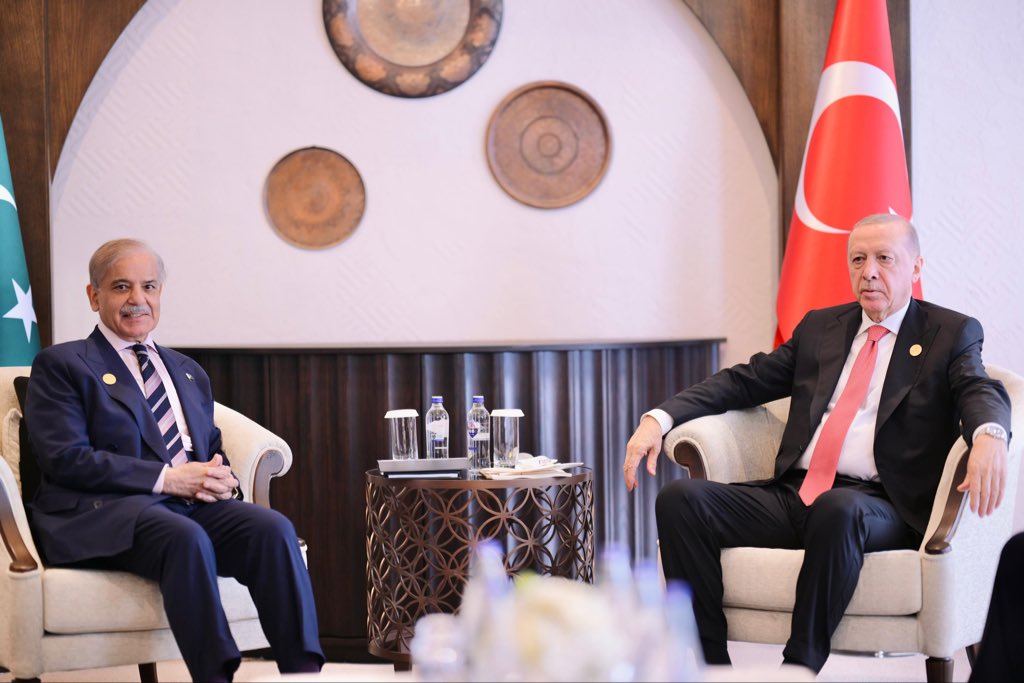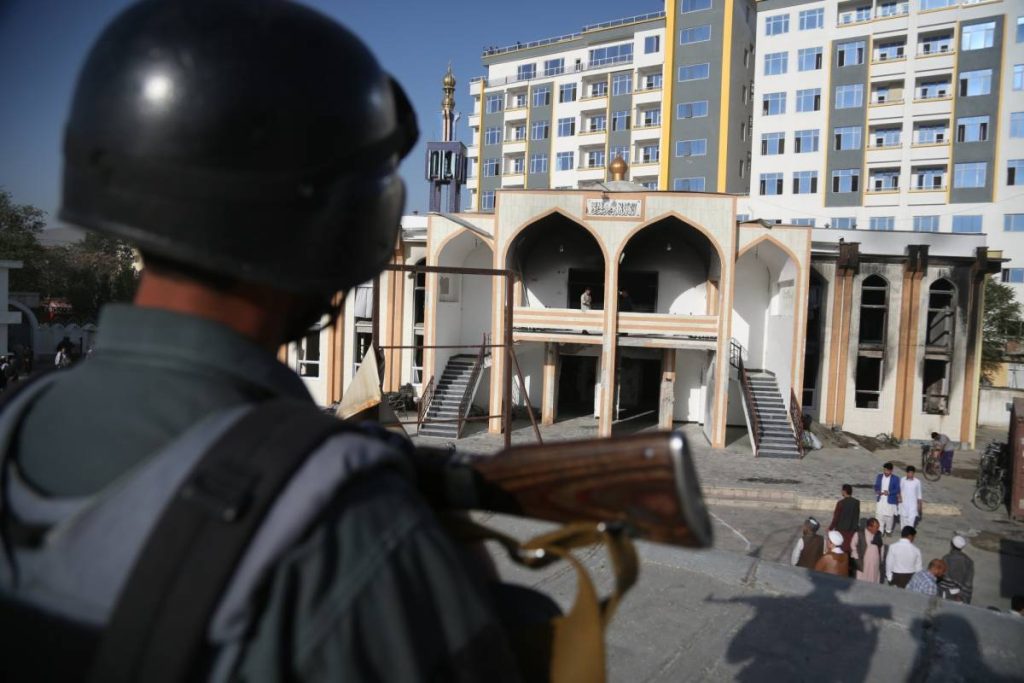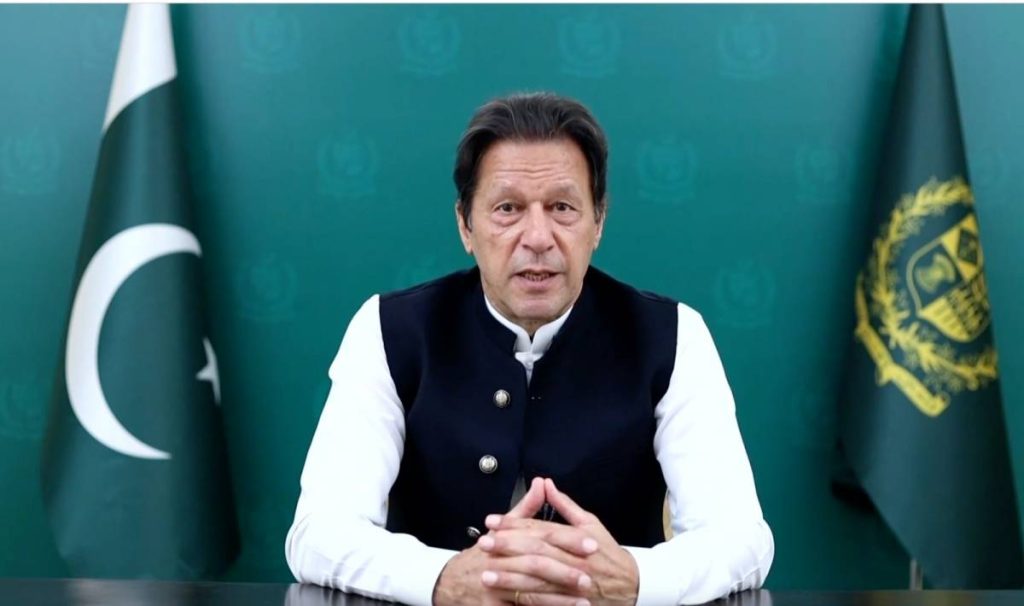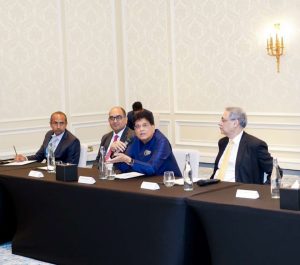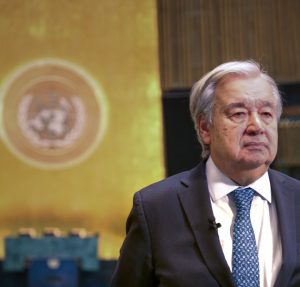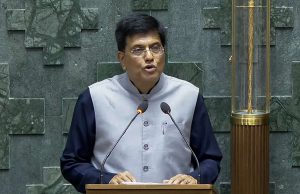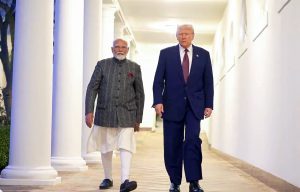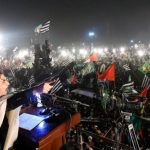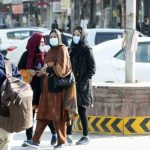Pakistan generals including former ISI director general are using offshore accounts to enrich themselves … writes Sanjeev Sharma. Please click here to read the full report
The window into the personal finances of individual Pakistani generals is especially rare and provides a glimpse at how top military officers – known in Pakistan as “The Establishment” – use offshore system to quietly enrich themselves while maintaining, until now, the military’s image as a bulwark against civilian corruption.
The revelations are part of the Pandora Papers, a new global investigation into the shadowy offshore financial system that allows multinational corporations, the rich, famous and powerful to avoid taxes and otherwise shield their wealth. The probe is based on more than 11.9 million confidential files from 14 offshore services firms leaked to the International Consortium of Investigative Journalists (ICIJ) and shared with 150 news organisations around the world.
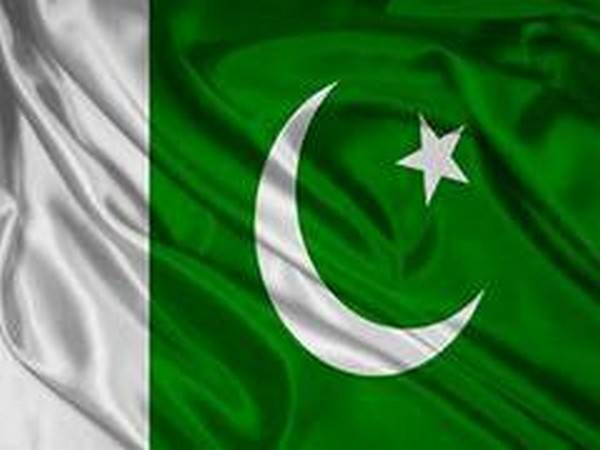
The Pandora Papers investigation exposes civilian government and military leaders who have been hiding vast amounts of wealth in a country plagued by widespread poverty and tax avoidance.
One legacy of colonial rule is the military’s wealth. The military’s combined business holdings amount to Pakistan’s largest conglomerate, and it controls 12 per cent of the country’s land. Many of the landholdings are owned by current or former senior leaders.
The Pandora Papers reveal that in 2007, the wife of Gen Shafaat Ullah Shah, then one of Pakistan’s leading generals and a former aide to President Pervez Musharraf, acquired a $1.2 million apartment in London through a discreet offshore transaction.
In one of several offshore holdings involving military leaders and their families, a luxury London apartment was transferred from the son of a famous Indian movie director to the wife of a three-star general. The general told ICIJ the property purchase was disclosed and proper; his wife didn’t reply.
The property was transferred to Gen. Shah’s wife by an offshore company owned by Akbar Asif, a wealthy businessman who has opened restaurants in London and Dubai. Asif is the son of the Indian film director K. Asif.
Asif’s sister, Heena Kausar, is the widow of Iqbal Mirchi, a senior figure in a leading organised crime group, D-company. Mirchi was at the time under sanction as a drug trafficker by the US Before his death in 2013, Mirchi was one of India’s most wanted men.
The younger Asif once met Musharraf at London’s Dorchester Hotel to ask for an exception to Pakistan’s 40-year ban on Indian films to allow the release there of one of his father’s most acclaimed movies. Musharraf granted the exception and later lifted the ban.
The leaked documents show that Asif has owned a multimillion-dollar property portfolio through a web of offshore companies.
One of those companies, called Talah Ltd. and registered in the British Virgin Islands (BVI), was used to transfer the London apartment to Shafaat Shah’s wife. Talah bought an apartment near the Canary Wharf financial district in 2006. The next year, Asif transferred ownership of the company to Fariha Shah.
Shah said that his wife has never met Asif and that he met him just once, while an aide to Musharaff, when Asif briefly lobbied the president for his father’s film “in the corridors of Dorchester Hotel when he had accompanied the hairstylist, who had come to cut Mrs Musharraf’s hair”.
ICIJ revealed insights into the private wealth of top military officers and their families are exceedingly rare; journalists who have written about the military within Pakistan have been jailed, tortured and killed.
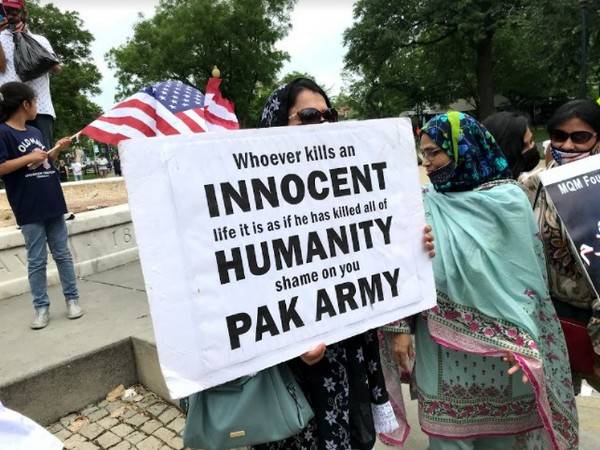
The Pandora Papers also reveal that Raja Nadir Pervez, a retired army Lt Colonel and former government minister, owned International Finance & Equipment Ltd, a BVI-registered company. In the leaked files, the firm is involved in machinery and related businesses in India, Thailand, Russia and China. Records show that in 2003, Pervez transferred his shares in the company to a trust that controls several offshore companies.
One of the trust’s beneficiaries is a British arms dealer. According to UK court documents, one of the trust’s other companies has helped broker arms sales from Belgian manufacturer FN Herstal SA to Hindustan Aeronautics Ltd, a state-owned Indian defence company.
While he owned International Finance & Equipment, Pervez also held several high-level positions in Pakistan’s government. He was elected to the National Assembly in 1985 and later joined Imran Khan’s party. Pervez did not respond to reporters’ questions.
Another influential former military leader who shows up in the leaked documents is Maj Gen Nusrat Naeem, the ISI’s onetime Director General of counterintelligence. He owned a BVI company, Afghan Oil & Gas Ltd, that was registered in 2009, shortly after his retirement. He said that the company had been set up by a friend and that he didn’t use it for any financial transactions.
Islamabad police later charged Naeem with fraud related to the attempted purchase of a steel mill for $1.7 million. The case was dropped.
The Pandora Papers also bring to light the notable offshore holdings of close relatives of three senior military figures.
Umar and Ahad Khattak, sons of the former head of Pakistan’s air force, Abbas Khattak, in 2010 registered a BVI company to invest what documents call “family business earnings” in stocks, bonds, mutual funds and real estate.
The Khattaks did not respond to reporters’ questions.
In an example involving intergenerational wealth transfer, Shahnaz Sajjad Ahmad inherited a fortune from her father, a retired lieutenant general, through an offshore trust that owns two London apartments, purchased in 1997 and 2011 in Knightsbridge, a short walk from Harrods. She, in turn, set up a trust for her daughters in 2003 in Guernsey, a tax haven in the English Channel. Her father was a favourite of Field Marshal Mohammad Ayub Khan, the country’s first military dictator (1958-1969). After her father retired from the army, he founded one of Pakistan’s biggest business conglomerates. Ayub Khan’s son later married into the family and sits on the boards of several of the group’s businesses.
Shahnaz did not respond to ICIJ’s requests for comment.
Taken together, the findings offer a portrait of an unaccountable military elite with extensive personal and family offshore holdings.
READ MORE: Egypt-based Muslim Brotherhood targets South Asia
READ MORE: Drugs With Pak Marks Find in Uri

